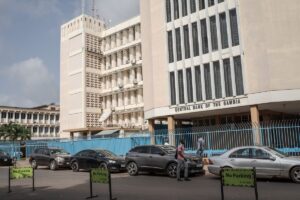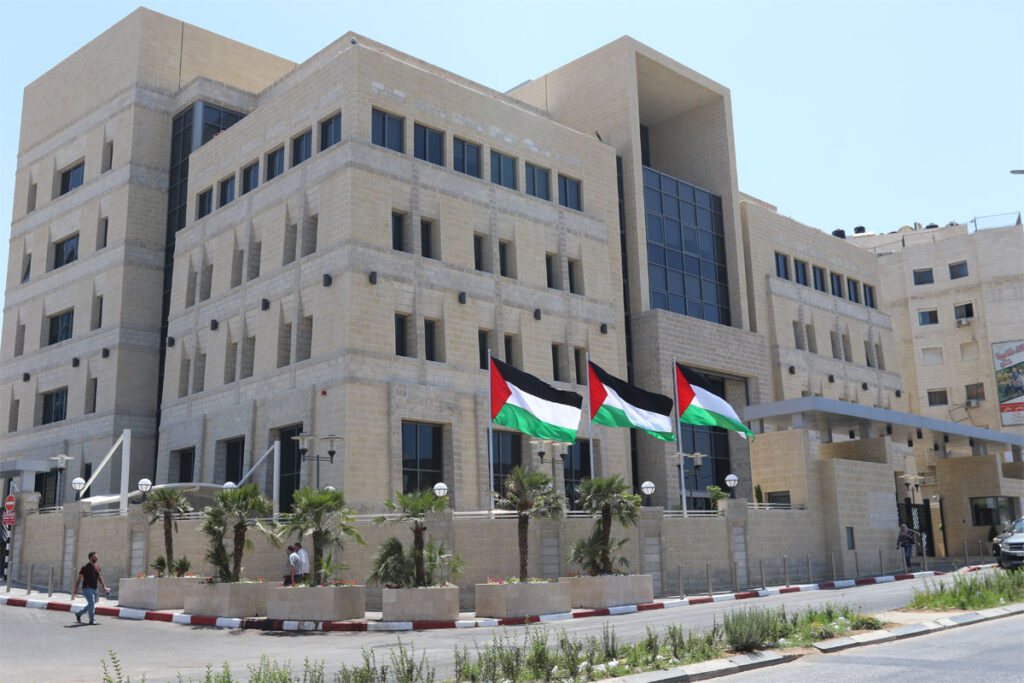Central Bank of Lesotho
- 2019: Financial Consumer Protection and Financial Education
Ministry of Finance Eswatini
- 2019: Eswatini Gender Financial Inclusion Roadmap
- 2020: Mid-Term Review of NFIS
- 2020: Eswatini Gender Inclusive Finance Roadmap
- 2021: Advancing the Financial Inclusion of FDPs and development of a National Financial Literacy Strategy for the Kingdom of Eswatini
- 2024 Transition the SME sector into a greener economy
Central Bank of the Gambia
- 2019: Formulation and Implementation of the NFIS
- 2022: Gender focused DFS, NFIS, and Consumer Protection Framework
Bank of Uganda
- 2019: Financial Capability Survey
- 2020: Mid-Term Review of NFIS
Reserve Bank of Malawi
- 2020: Improving Women’s Financial Inclusion and Economic Empowerment in Malawi
- 2021: Scale up regulation of Electronic Payments/Digital Financial Services
- 2023: Advancing the Financial Inclusion of FDPs in Malawi
Banco de Mozambique
- 2020: Enhancing Access and Use of Financial Services in Mozambique
- 2021: National diagnosis of financial literacy in Mozambique, with special focus on women and other vulnerable groups
Bank of Namibia
- 2020: Increasing access and usage of financial services in Namibia
Banco Central de Sao Tome e Principe
- 2020: Formulation of the NFIS
Ministere de l’Economie et des Finances de la Cote d’Ivoire
- 2020: Promoting Financial Literacy in Cote d’Ivoire
- 2023: Financial Literacy Training for Ministry of Finance & Economy Cote d’Ivoire
Reserve Bank of Zimbabwe
- 2020: Review NFIS I and Develop NFIS II for Zimbabwe
- 2021: Women financial inclusion DSS and development of NFIS II
- 2024 Advancing the Financial Inclusion of FDPs in Nigeria
Central Bank of Nigeria
- 2020: National FinTech Strategy
- 2020: Leveraging agent networks to drive women’s financial inclusion
Central Bank of Kenya
- 2021: FinAccess Household Survey Project
Central Bank of Liberia
- 2021: Financial Inclusion Baseline Survey
Bank of Ghana
- 2021: Development of a holistic and coordinated policy and regulatory framework and financial literacy framework that promote inclusive finance in Ghana
Banque de la Republique du Burundi
- 2021: NFIS 2015-2020 and Knowledge Exchange Visits on Digital Financial Services
Bank of Sierra Leone
Ministry of Finance and Budget, Senegal
- 2021: Support for capacity building in Islamic Finance and the setting up of a sex-disaggregated data collection tool
- 2022: Policies to mitigate the adverse effects of crises on decentralized financial systems in Senegal
National Bank of Rwanda
- 2020: Implementation of Rwanda’s National Financial Inclusion Strategy
- 2021: Rwanda’s MSMEs Financial Literacy and Savings & Credits Groups digitalization strategy project
Banque Centrale des Etats de l’Afrique de l’Ouest
- 2021: Capacity Building on IGF
- 2022: Policy support program to mitigate the effect of COVID-19 as part of the implementation of the regional financial inclusion
Central Bank of Seychelles
- 2022: Support of the Implementation of a Regulatory Sandbox
Ministere des Finances de la Republique du Niger
- 2022: Setting up data collection mechanism and financial inclusion database
Central Bank of Eswatini
- 2022: FinTech scoping exercise and development of the National FinTech Strategy in Eswatini
Banque Centrale des Comores
- 2023: NFIS In-country Training in Comoros
Bank of Tanzania
- Bank of Tanzania
- 2024 Advancing the Financial Inclusion of IDPs in Tanzania
Ministry of Finance and National Planning Zambia
- 2024 Roadmap to Greening the MSME’s in Zambia

 About
About
 Online
Online
 Data
Data



























